Taiwan-Asia Exchange Foundation (TAEF) and the Institute of International Relations (IIR) at National Chengchi University jointly organized the forum " How Do We Envisage the Prospect and Blueprint for the "New Southbound Policy+" (NSP+)" on 9/19 at National Chengchi University. The forum brought together experts and scholars from academia, government, and think tanks, attracting over 70 participants.
Since 2016, Taiwan's government has made significant achievements in promoting the New Southbound Policy. President Lai Ching-te has repeatedly emphasized the continuation of the policy, with further plans to deepen cooperation with New Southbound countries. This forum focused on the continuation of this policy direction, providing in-depth discussion on the "New Southbound Policy+" and its synergies with the Indo-Pacific Strategy.
The forum speakers included Ambassador Wu Chih-chung (Deputy Minister of Foreign Affairs, ROC), Professor Hsin-Huang Michael Hsiao (Chairman of TAEF; Chairman of the Executive Committee at NCCU's Center for Southeast Asian Studies), Professor Alan Hao Yang (Professor at NCCU’s Institute of East Asian Studies; Executive Director of the Center for Southeast Asian Studies; Executive Director of TAEF), Distinguished Professor Wang Hsin-hsien (Distinguished Professor at NCCU’s Institute of East Asian Studies; Acting Director of the Institute International Relations Studies), Professor Lin Yi-chun (Professor at NCCU's Graduate Institute of Development Studies; Acting Deputy Director of the Institute of International Relations Studies), Dr. Tung Szu-chi (Deputy Executive Director of Taiwan Thinktank), Professor Hsueh Chien-wu (Professor at NCCU's Graduate Institute of East Asian Studies).
Deputy Minister of Foreign Affairs, Ambassador Wu Chih-chung highlighted the strategic importance of the NSP in the current global landscape. Sharing his observations from Europe, Wu emphasized that Taiwan's importance has far surpassed expectations from just a few years ago. "The world sees Taiwan in a new light," he said, noting that many European countries now have Indo-Pacific strategies, and their focus on Asia has increased. Taiwan’s economic and military development is now closely tied to the international economy, drawing significant global attention. "Cross-strait relations have been internationalized," Wu remarked, citing the unprecedented focus on the Taiwan Strait and frequent military exercises as indicators of this trend. He asserted that this is Taiwan's era of rising influence, a development welcomed by the global community because "Taiwan's rise contributes to the world." Wu concluded that Taiwan's next step is to engage in substantive cooperation with other countries, leveraging NSP+ to transform relationships with NSP countries into concrete outcomes, positioning Taiwan as a key player in regional peace.
Chairman of TAEF, Professor Hsin Huang Michael Hsiao stated that the NSP is a critical component of Taiwan's Indo-Pacific strategy, and President Lai has repeatedly expressed his support for the continuation of this policy. Hsiao elaborated on the four key components of "NSP+" that include increased "investment," "cross-ministerial coordination," "enhanced cooperation impact," and "cooperation with like-minded countries." He emphasized that Taiwan must strengthen its economic and diplomatic exchanges with NSP countries, develop closer public-private-people partnerships (PPPP) for policy implementation, and build on flagship projects led by various government ministries in fields such as academia, healthcare, agriculture, and disaster prevention. Hsiao also pointed out that NSP+ should align with the Indo-Pacific strategies of the U.S., Japan, and Europe, reinforcing Taiwan’s "indispensable" role in regional security.
Executive Director of TAEF, Professor Alan Hao Yang discussed three key aspects of NSP+. First, he noted that the NSP is "people-centered," moving beyond traditional reliance on strategic balance. Instead, it reshapes regional identity through the "Three C’s"—Commitment, Communication, and Common Interest—by fostering people-to-people exchanges. Second, Yang mentioned that NSP+ would continue with the "corridor" concept, transforming previously isolated cooperation into a diverse, networked approach. The government aims to promote three corridors: digital technology and semiconductors, public health, and disaster resilience. Concurrently, civil society will promote three more corridors involving think tanks, youth, and NGOs, creating a blueprint for the "Six Corridors of NSP+." Lastly, Yang expressed hope that these corridors will open new avenues for dialogue and cooperation across Asia.
Deputy Executive Director of Taiwan Thinktank, Dr. Tung Szu-chi outlined three key stages of NSP’s development that he has witnessed since 2016, with several milestones leading to its concrete implementation as an action plan. He highlighted Taiwan's unique position in the Indo-Pacific strategy as a "hub" between Northeast and Southeast Asia and stressed that Taiwan is a "medium power" with strengths in security, democracy, and supply chain security. Tung also emphasized the ongoing collaboration between Taiwan's think tanks and other countries on the "Four-Dimensional Diplomacy" strategy—diplomacy, intelligence, military, and economy—aligning with the Ministry of Foreign Affairs' "comprehensive diplomacy" pillars of democracy, peace, and prosperity. He acknowledged the challenges faced by NSP due to pressure from China and emphasized the need to reassure Southeast Asian countries. Tung called for continued public diplomacy through think tanks and academia to share Taiwan's experiences, fostering mutual prosperity and development in the region.
Professor Hsueh Chien-wu from the National Chengchi University noted that understanding the national interests of NSP countries is the first step to drafting the blueprint for "NSP+." He pointed out that ASEAN countries highly value "openness" and "inclusiveness." In recent years, ASEAN has aimed to maintain a balance amid U.S.-China competition, striving for autonomy while maintaining friendly ties with China. Hsueh suggested that Taiwan must align its interests with NSP partners through multilateral organizations and people-centered cooperation to ensure ASEAN can pursue collaborative ventures that align with both parties' interests.
Acting Deputy Director of IIR, Professor Lin Yi-chun reviewed the historical roots and current highlights of the NSP, tracing the history of CIRS’ advocacy for NSP back to 1956. He emphasized the growing influence of NSP research within academia, noting that since 1956, there have been 91 key research articles on Southeast Asia and seven articles on NSP in the journal Issues & Studies. Lin expects the "third wave of peak interest" in Southeast Asian studies to continue and hopes more scholars will engage in NSP research.
Distinguished Professor at the Institute of East Asian Studies and Acting Director of the Center for International Relations Studies at National Chengchi University, Professor Wang Hsin-hsien emphasized the need for Taiwan to present its perspective in the increasingly competitive geopolitical environment between the U.S. and China. He stressed that NSP research is not just an academic topic but an issue of "national destiny," highlighting the responsibility of academic institutions to provide Taiwan's international perspectives. This forum was organized in cooperation with the Ministry of Education's flagship projects, with the hope that more scholars will contribute to this field.
This forum delved deeply into the future development of the "New Southbound Policy+" and facilitated new ideas and models of interaction between Taiwan and Indo-Pacific countries. Experts unanimously agreed that this policy is crucial for enhancing Taiwan's regional influence and hoped the government would continue promoting it, creating more opportunities for international cooperation and paving the way for Taiwan's future diplomatic and economic development.
----
About TAEF
As the think tank for the New Southbound Policy and a leading civil force supporting Taiwan's New Southbound Policy over the past eight years, the Taiwan-Asia Exchange Foundation (TAEF) is committed to advocating and promoting the "New Southbound Policy+." TAEF carries the responsibility of ensuring the continuation of the New Southbound Policy on its existing strong foundation, while also aiming for innovation aligned with President Lai's grand vision for Taiwan's future. TAEF will continue to strengthen its advocacy for the New Southbound Think Tank Corridor, Youth Corridor, and NGO Corridor, fulfilling its role as a "think and do tank."
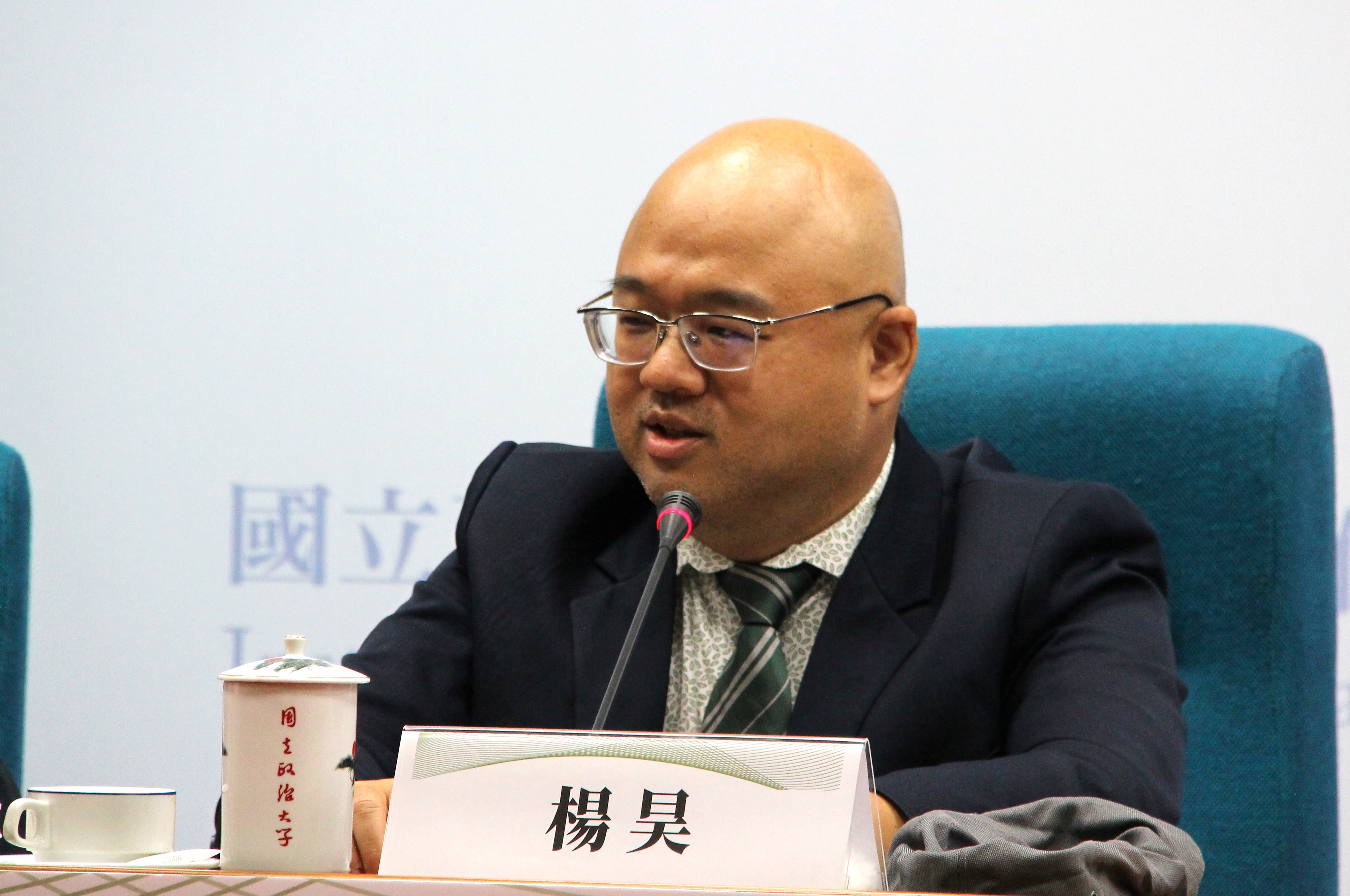 | 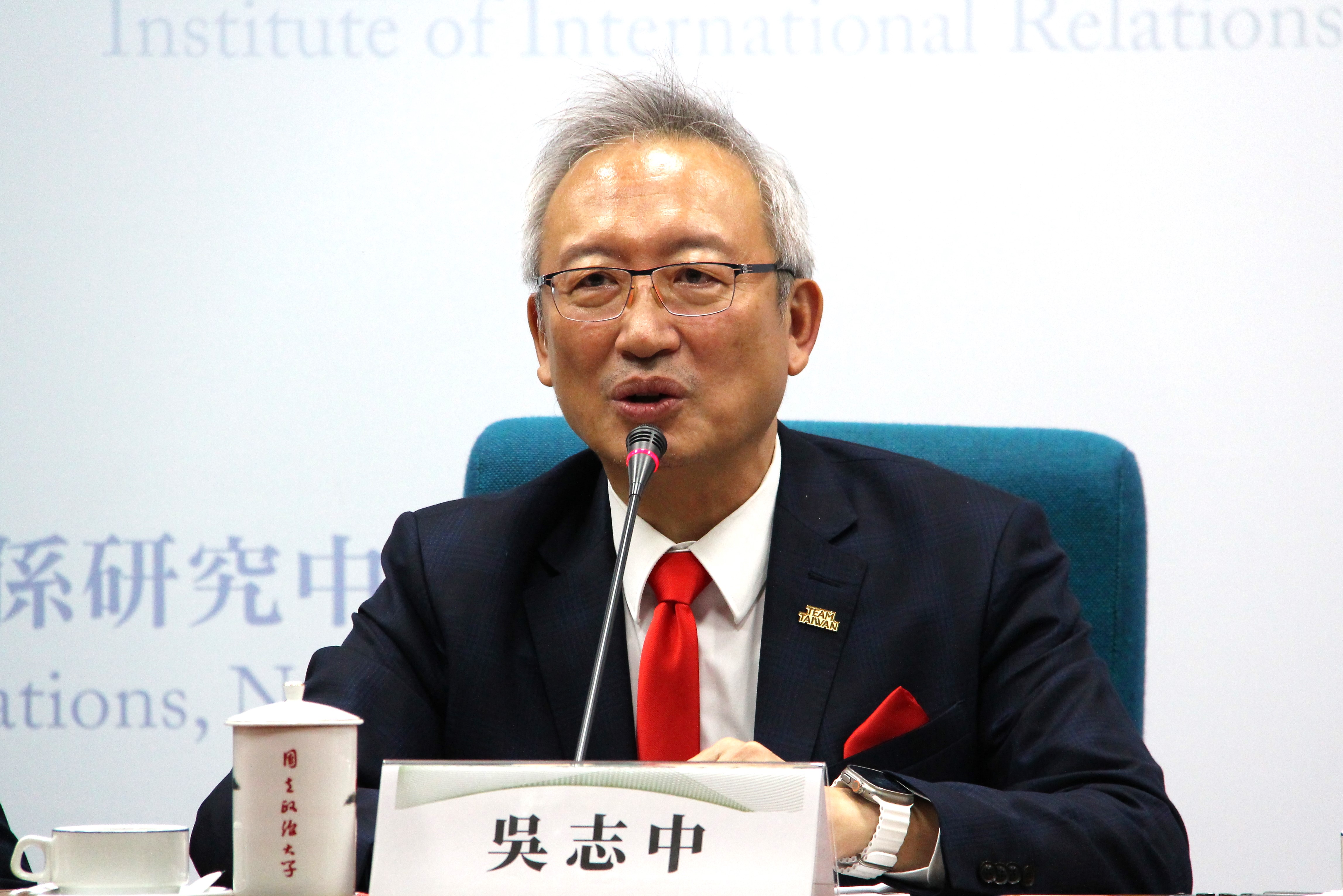 | 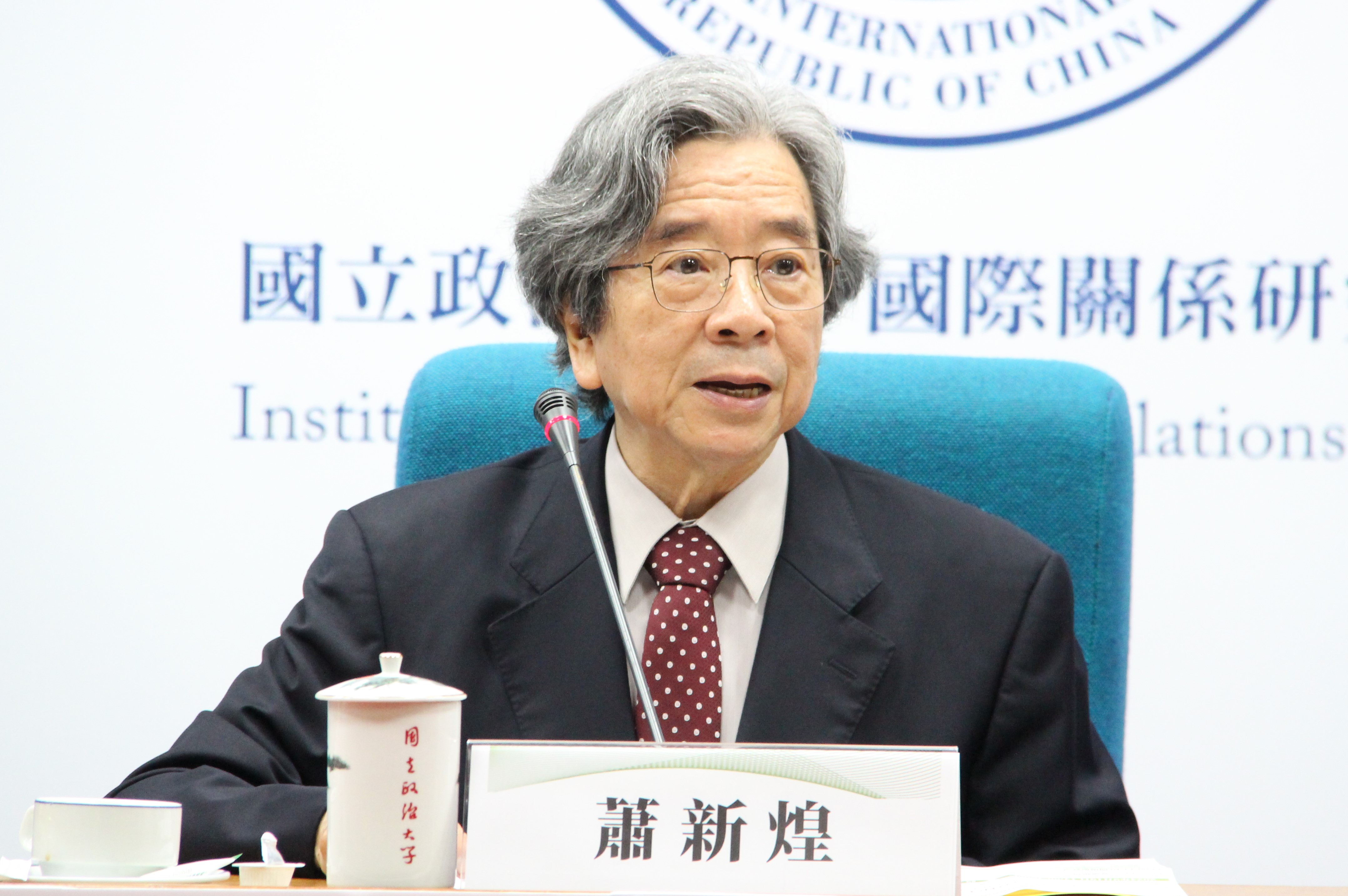 |
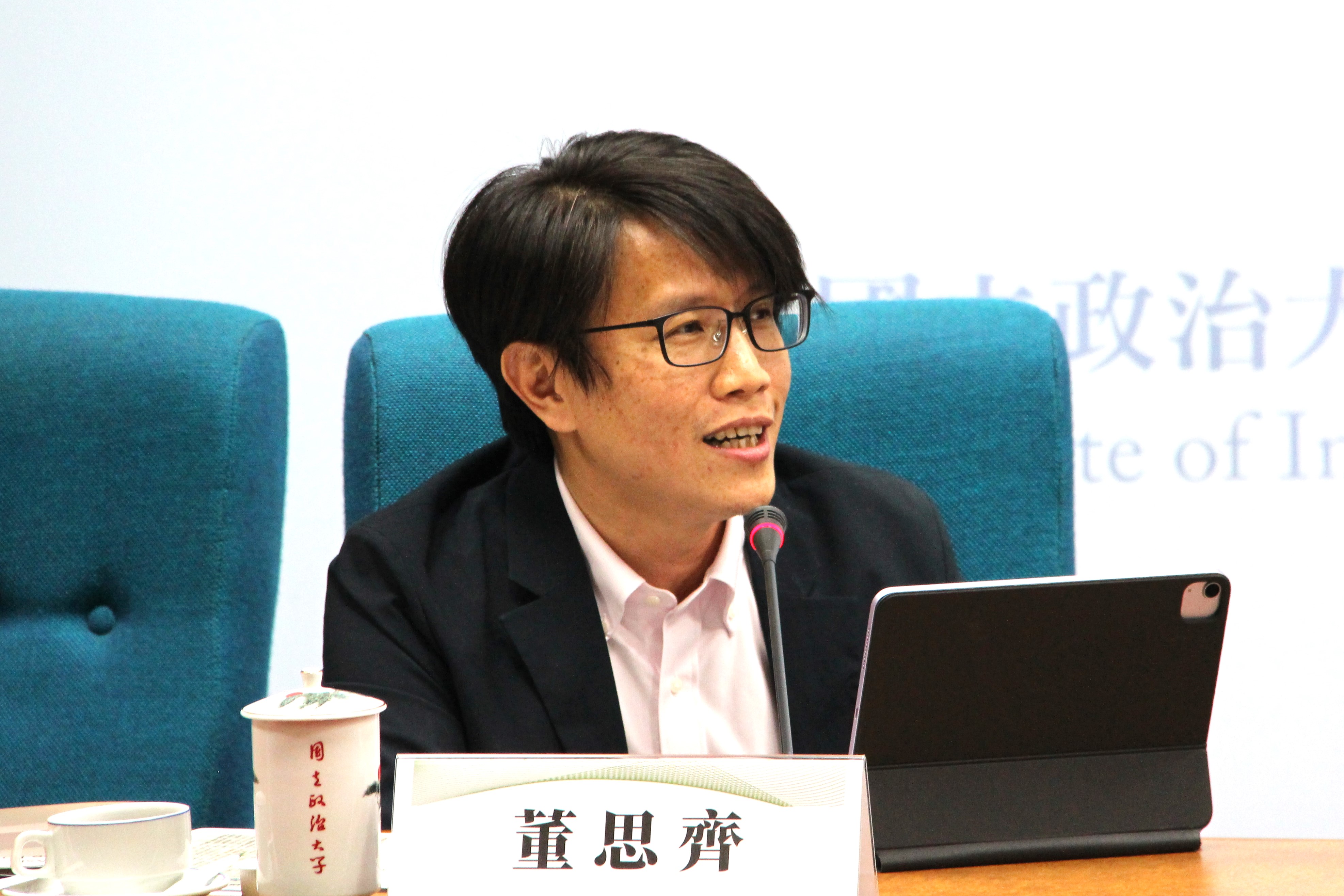 | 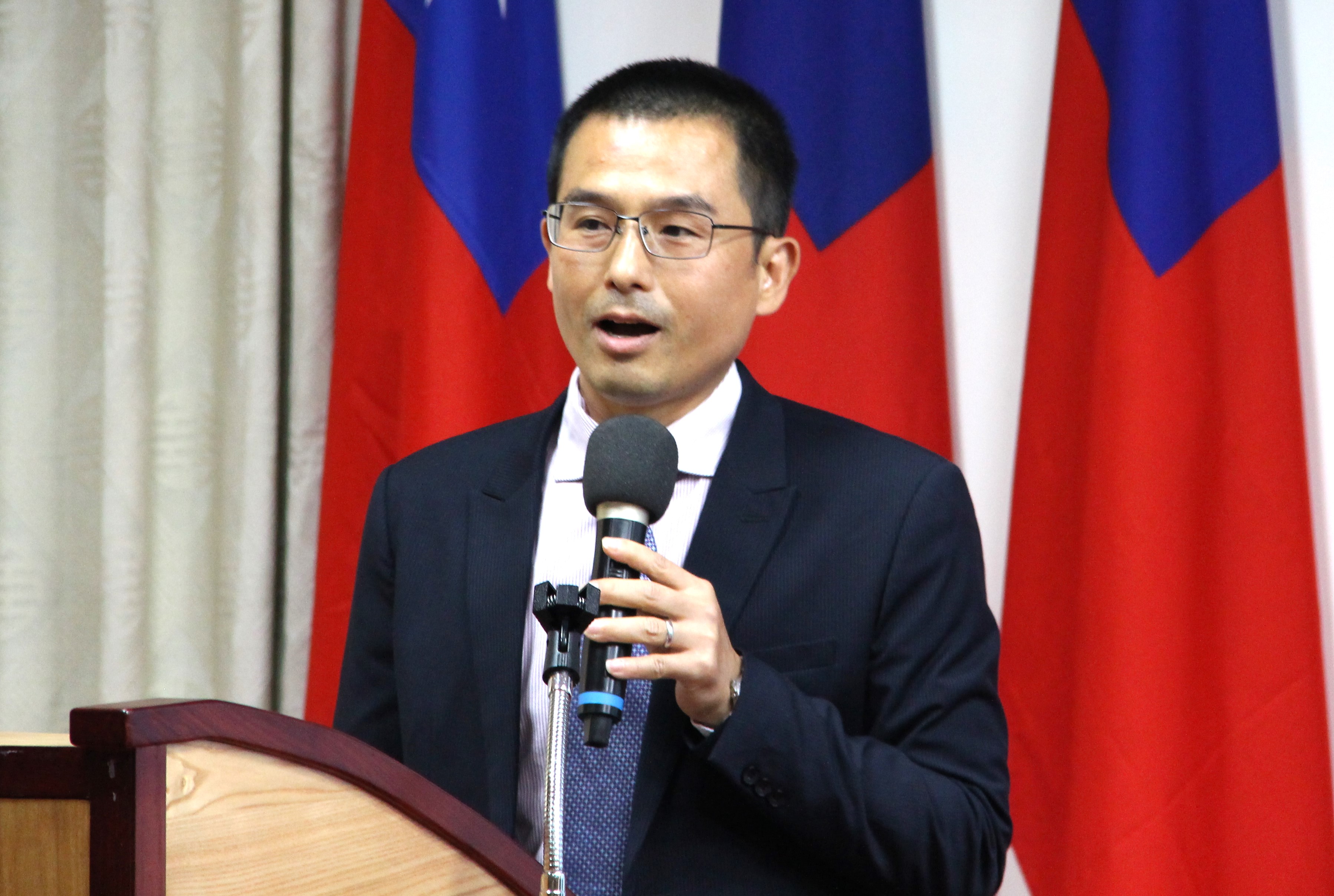 | 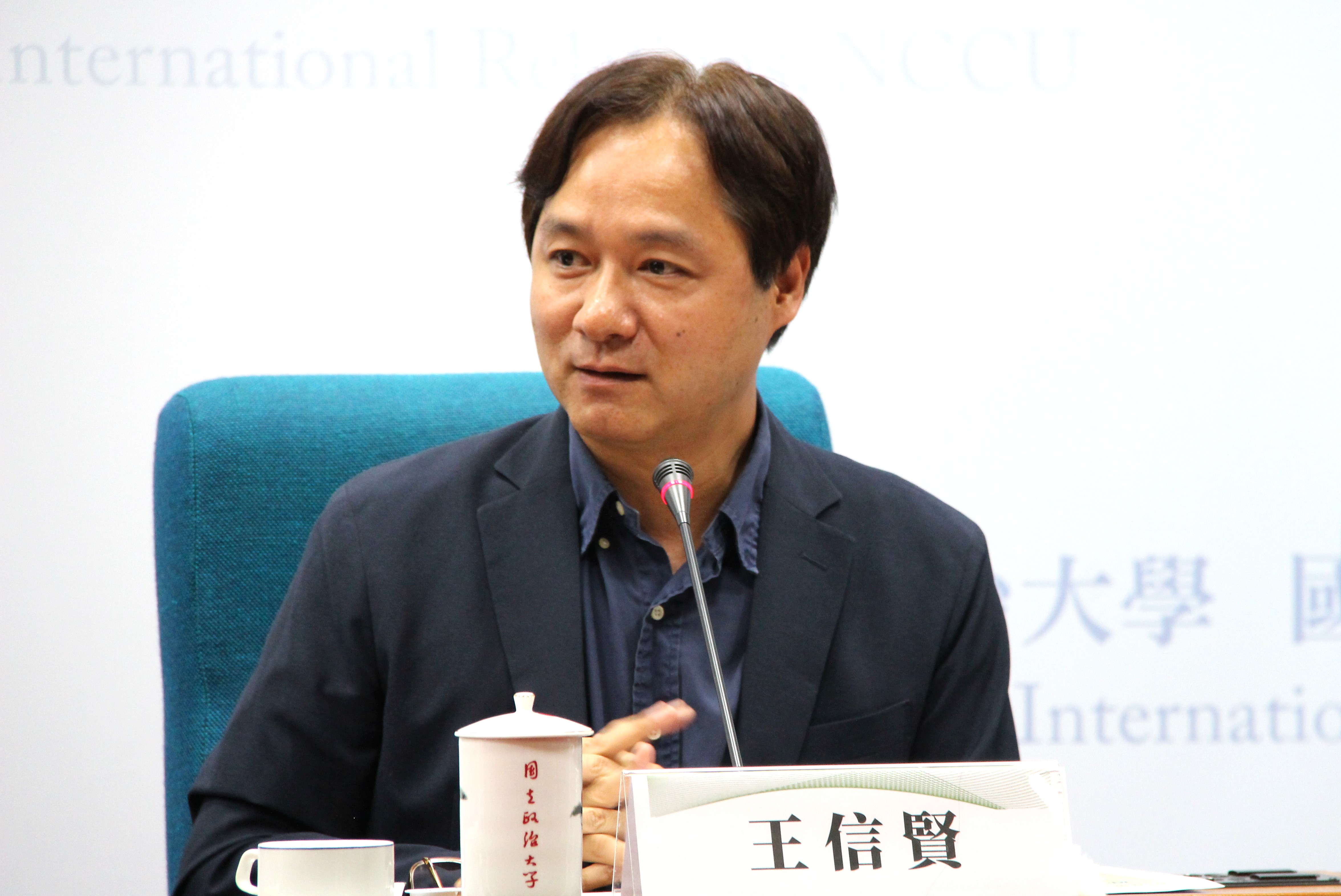 |
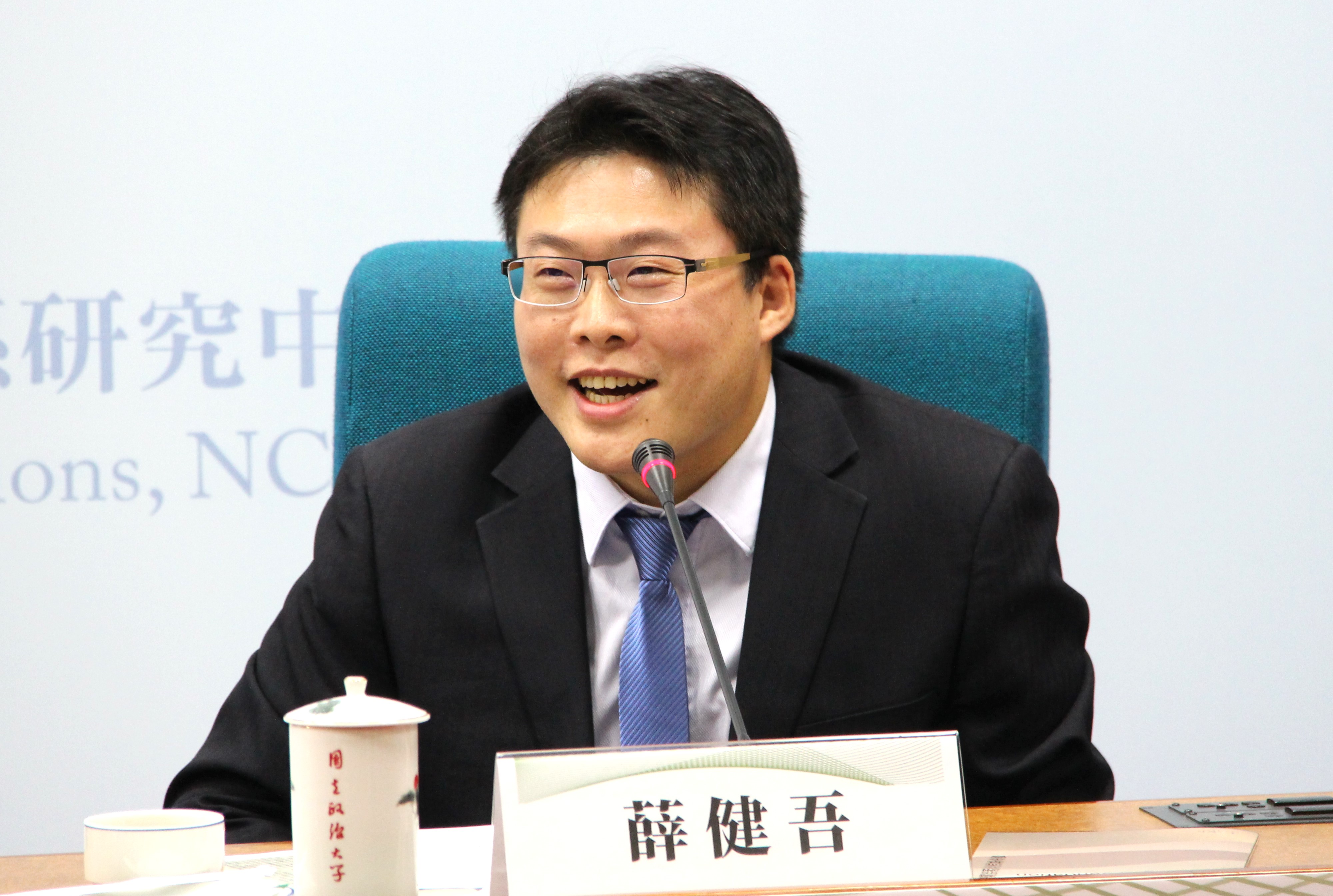 | 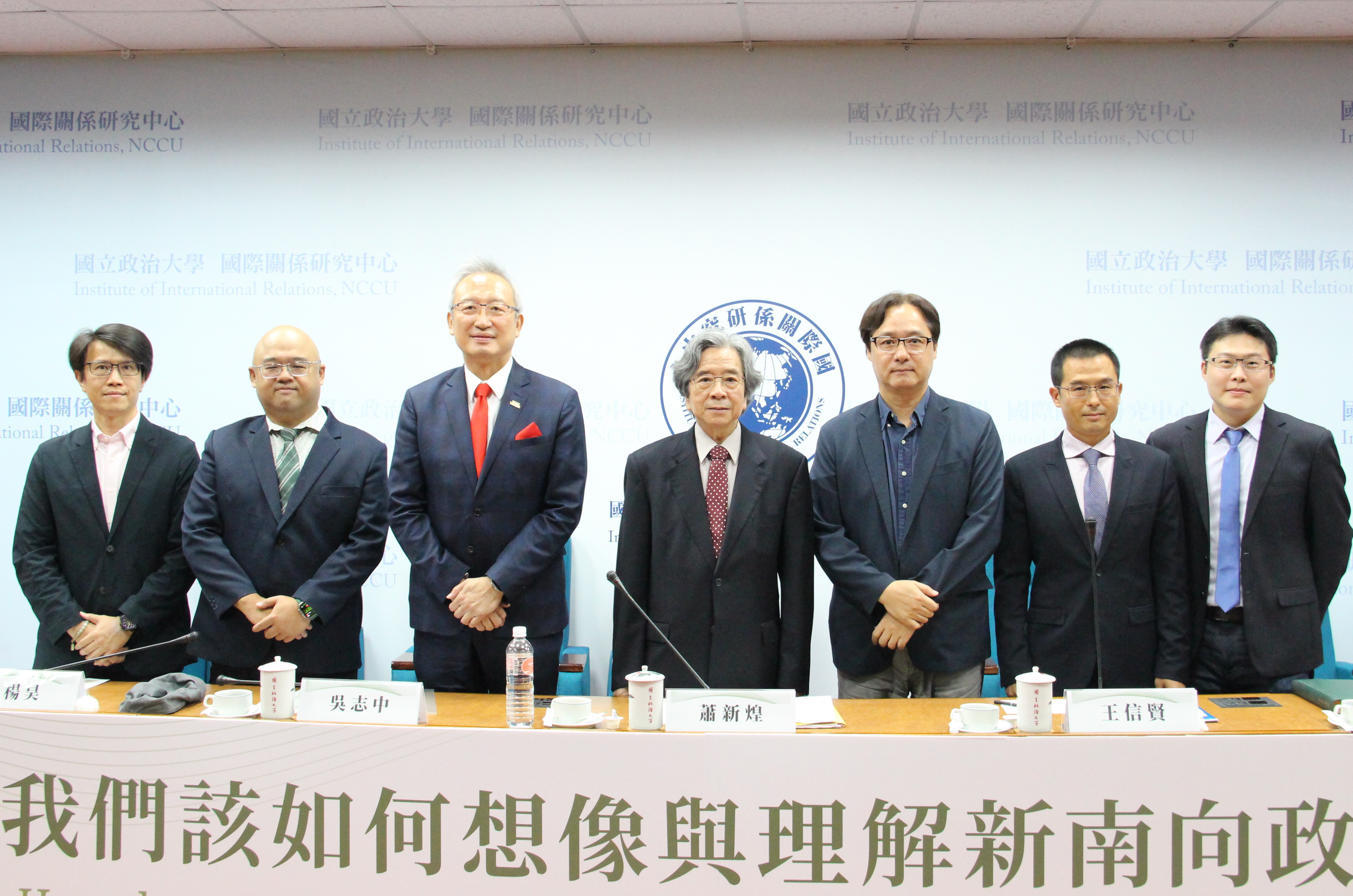 | 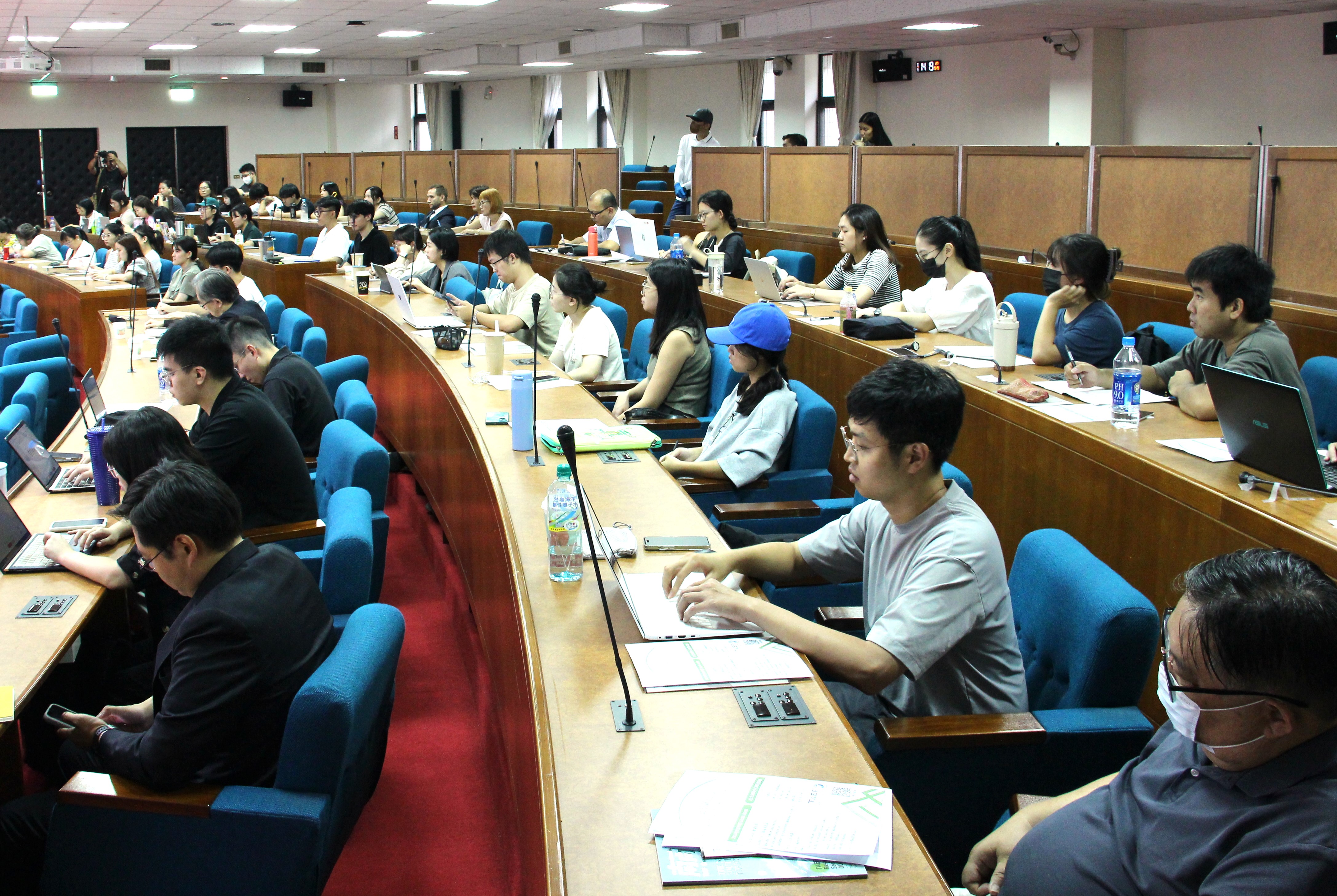 |
